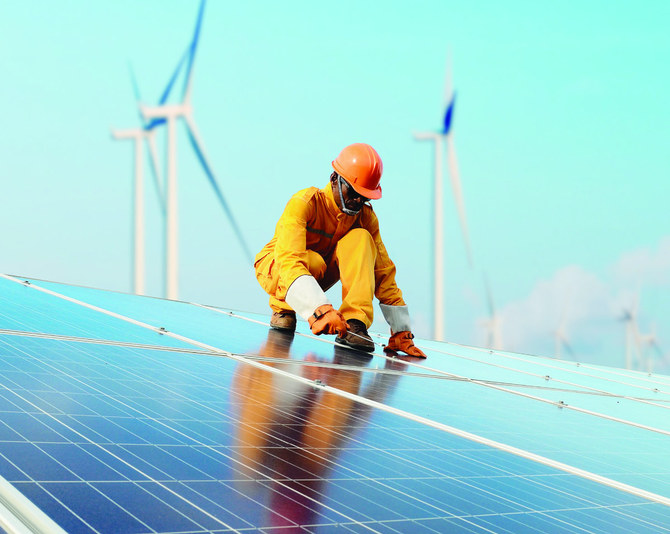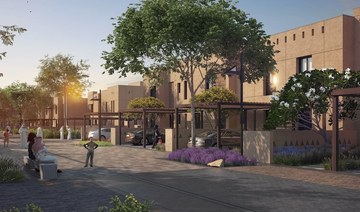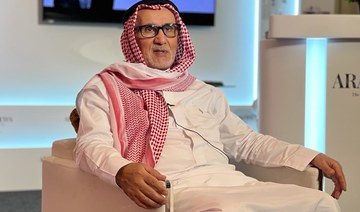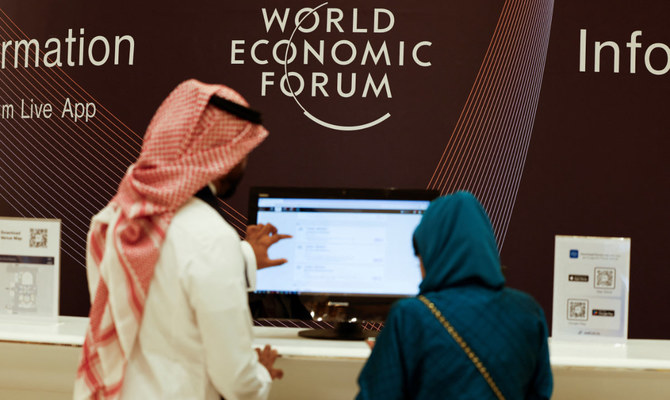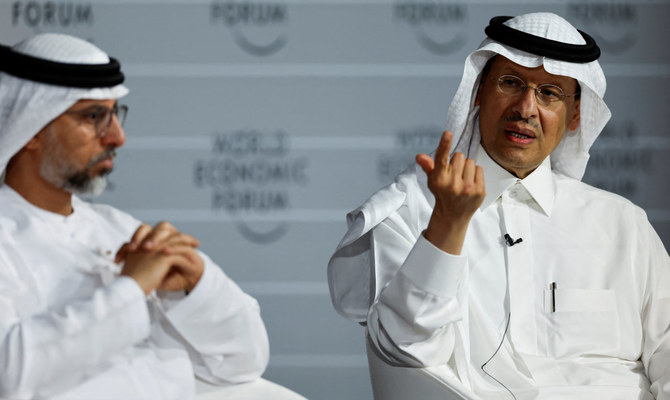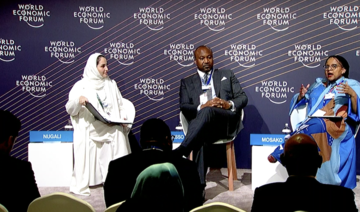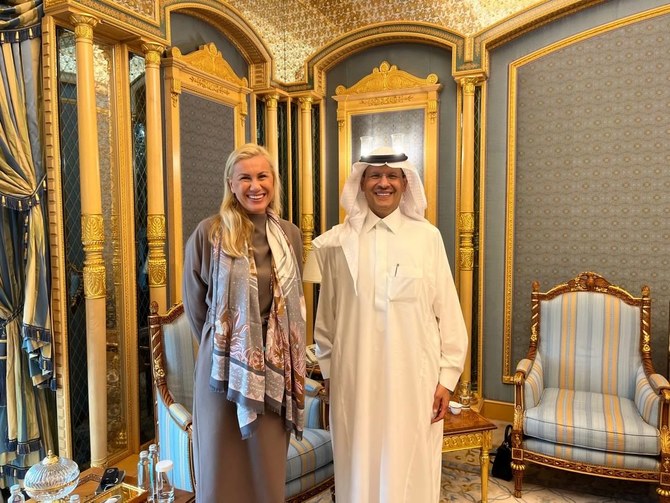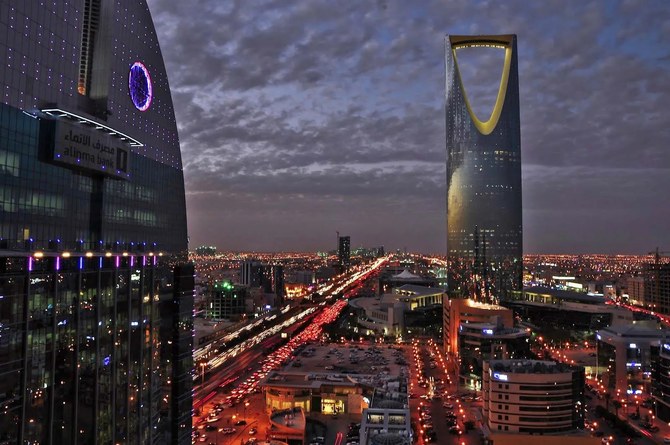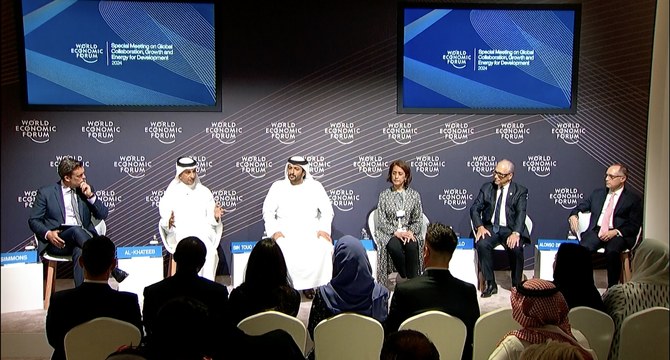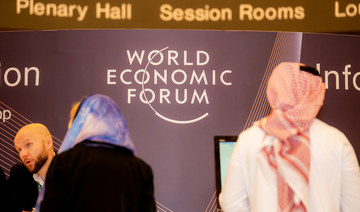RIYADH: When Saudi Arabia announced its Vision 2030 in 2016, aimed at accelerating the growth of the non-oil sector, skeptics doubted how a nation that has been relying heavily on oil-based revenue for so many decades would execute it with perfection.
Six years later, the progress made by the country in non-oil sectors indicates that Kingdom is moving ahead in the right direction, primarily driven by the efforts of its Public Investment Fund, which always maximizes its assets for the Saudi economy.
As a part of PIF’s 2021-2025 strategy, it is spearheading new economic and business opportunities in the Kingdom and is redesigning the face of Saudi Arabia globally.
Fueling employment
PIF is currently one of the world’s largest and most influential sovereign wealth funds, with total assets under management at around $620 billion.
Since 2016, the PIF has founded 50 companies, including the recently launched Saudi Coffee Co., and altogether these firms have generated over 500,000 direct and indirect jobs.
FASTFACT
From real estate and infrastructure to recycling and clean energy, PIF has marked its presence in 13 strategic sectors and aims to create more job opportunities in the coming years.
From real estate and infrastructure to recycling and clean energy, PIF has marked its presence in 13 strategic sectors and aims to create more job opportunities in the coming years.
PIF formed these companies to directly benefit the private sector and Saudi citizens as they generate wealth and new job opportunities. Some notable examples include the PIF-owned giga-projects, namely NEOM, The Red Sea Development Co., Qiddiya and ROSHN.
PIF has also created entities like the National Security Services Co., Saudi Arabian Military Industries and the Soudah Development Co.

Accelerating growth
Moreover, several companies owned by PIF have signed contracts with private sector businesses, helping accelerate growth in the broader economy.
Citing an example, the Red Sea Development Co. has signed over 800 local and international contracts worth more than $5.3 billion as of April 2022.
ROSHN, PIF’s real estate company, has signed a contract with Arabia-based Retal help develop its Sedra community project in Riyadh.
Qiddiya Investment Company, last December, had awarded a Saudi-French joint venture a $1 billion contract to build the Six Flags Qiddiya entertainment attraction.
“The fund invested in several sectors, more than any other regular investment fund, and we should see the fruits of these investments this year and in 2030,” Mohammed Al-Suwayed, CEO of Razeen Capital, a financial securities consultancy firm, told Arab News.
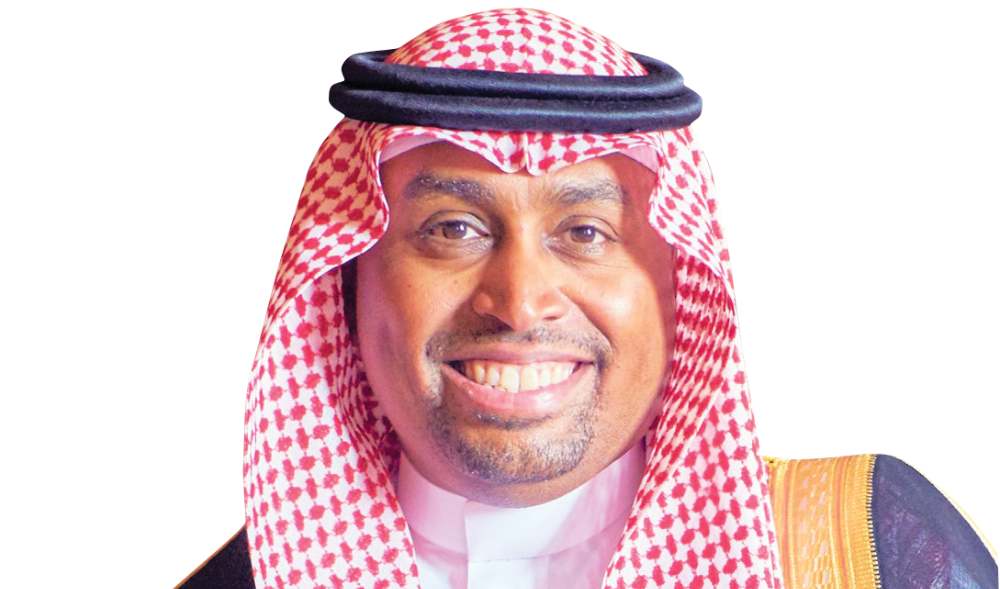
The fund invested in several sectors, more than any other regular investment fund, and we should see the fruits of these investments this year and in 2030
Mohammed Al-Suwayed, CEO of Razeen Capital
An oasis of opportunities
Meanwhile, PIF has also created a new department specifically tasked with ensuring national growth and maximizing investment returns. The Fund aims to expand opportunities for Saudi companies, improve the domestic supply chain and increase its local content contribution to 60 percent by 2025.
PIF is working together with Shareek Program, spearheaded by Saudi Arabia’s Crown Prince Mohammed bin Salman, to create private-public partnerships.
PIF also eyes to boost the private sector’s contribution to the national gross domestic product to 65 percent and unlock national invest- ments worth $1.33 trillion by the end of this decade.
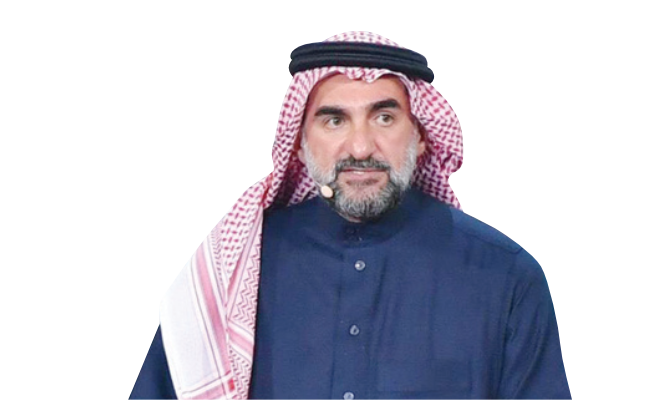
PIF will develop 70 percent of the Kingdom’s renewable energy, in line with Vision 2030
PIF Governor Yasir Al-Rumayyan
Green-lighting sustainability
Understanding the necessity to protect the environment, PIF is investing in many green projects to meet the ESG targets in Vision 2030.
PIF is planning to plant 10 million trees and launch a national renewable energy program to increase the share of renewable energy in the Kingdom.
“PIF will develop 70 percent of the Kingdom’s renewable energy, in line with Vision 2030,” said PIF Governor Yasir Al-Rumayyan.
He added that PIF’s recent investments in sustainable companies like ACWA Power and Lucid Motors show how the fund is working toward a sustainable future.
Al-Rumayyan also stressed the importance of PIF’s regional Voluntary Carbon Market in helping the Kingdom achieve its goal of net-zero carbon emissions by 2060.
The VCM is the first of its kind in the Middle East and North Africa region and will help companies reduce their carbon footprint by offsetting their carbon emissions.
The VCM is expected to launch in 2023, and five leading Saudi companies have already signed on as founding partners — Aramco, SAUDIA, ACWA Power, Ma’aden and ENOWA, a subsidiary of NEOM.
The PIF has also launched Sudair Solar PV, the first project under the Fund’s renewable energy program. This solar project, upon comple- tion, is expected to fulfill the energy needs of 185,000 house- holds in the Kingdom.
A force to reckon with
Since 1971, PIF’s glorious journey bears testimony to how a country’s sovereign fund can be utilized wisely and effectively to improve its economy and the living conditions of the general public.
With its massive investments, PIF has emerged as a critical player in the international economic sector and is also facilitating diversity and knowledge transfer within the Kingdom.
As PIF advances in elevating Saudi Arabia to new heights, several monumental initiatives that could revolutionize people’s living quality in the nation can be witnessed in the future.



